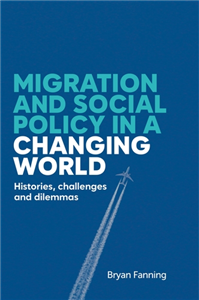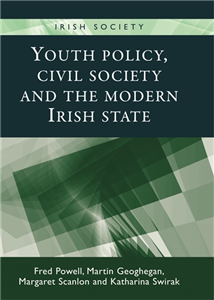Humanities & Social Sciences
September 2008
'Agricultural policy in Europe', available for the first time in paperback, provides a unique comparative analysis of the UK, France, Poland, the Netherlands, Greece and Ireland, using up-to-date material on CAP reform, world trade liberalisation, animal disease, rural development and the environment. In its core argument that Europe has a Common Agricultural Policy in name only, the study offers a distinctive interpretation of contemporary policies for agriculture and rural development. Policy is considerably more diverse than usually recognised, and also varies across different policy stages such as agenda setting, formulation and implementation. This diversity is the result of a multilevel policy process in which global, regional and local actors play a key role alongside the institutions of the EU. Yet nation states are central. Despite the existence of the CAP, substantial policy variations reflect different national economies, cultures, priorities and interests, usually mediated through different types of policy networks. Far from greater policy integration, the pressures for diversity have increased in recent years, notably through world trade liberalisation, environmental concern and EU enlargement. With continuing controversy about the future direction and powers of the EU, this groundbreaking book sheds new light on the extent to which agricultural policy in Europe is common. It goes beyond formal legal structures and the rhetoric of popular debate to look at what actually happens in a complex policy process that is both multilevel and multi stage. The result is a very different picture in which agricultural policy is considerably more diverse and fragmented than usually assumed. ;

























